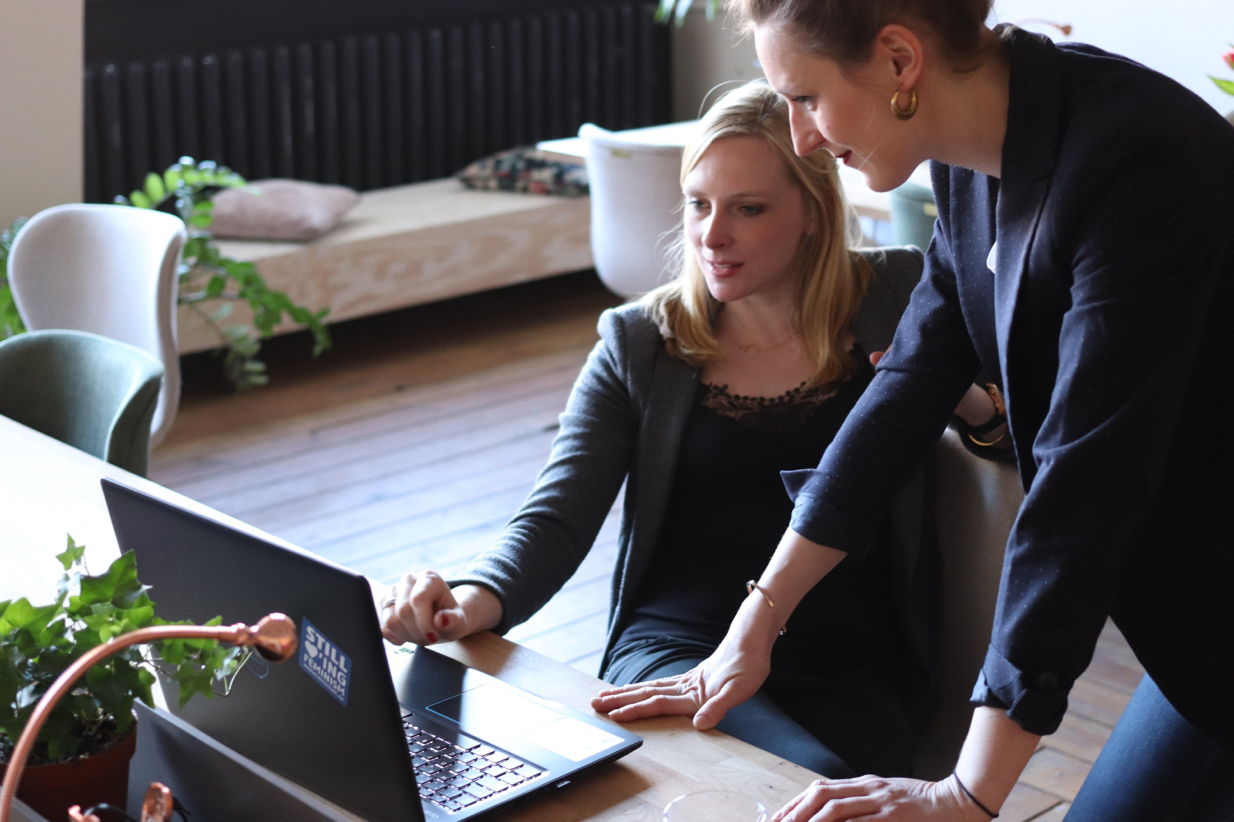Your cart is empty.


Your cart is empty.
Advocacy
Everyone should have equal access to opportunities in life. Instead, women are often overlooked for secure, well-paid jobs, and women’s work is undervalued and underfunded. Our vision is for a future in which women have equal access to economic resources.

There is stark inequality in Australia based on gender.
For every dollar men earn, women earn 78 cents. This means women earn about $28,425 less per year.* Women also have 25% less superannuation than men, on average.* Women spend 9 more hours every week on unpaid work than men, including domestic and care work.*
Wealth inequality is high in Australia, and women are more likely to live in poverty than men. In a recent survey about the cost of living crisis, 31% of women reported that their household finances were much worse, compared to 13% of men.* Women who are the main income earners for their household are almost twice as likely to experience poverty, compared to their male counterparts.* On the other end of the wealth spectrum, out of the 200 richest people in Australia, more than 80% are men.*
Gender inequality also intersects with many other power imbalances in our society, such as discrimination on the basis of race, disability or sexuality. For example, LGBTIQ+ people in Australia disproportionately experience poverty, homelessness and unemployment.*
*References in order: WGEA Gender Equality Scorecard 2023-24, An update on superannuation balances 2023, How Australians Use Their Time 2022, Doing it Tough 2024, Poverty in Australia 2023, AFR Rich List 2024, LGBTIQ+ Experiences of Poverty submission 2023
In 2020, we ran a project investigating the disproportionate impacts of COVID on young women. We found that:

Economic justice is connected to safety. Job security can be protective against violence.
Gendered violence is very common. About 1 in 3 Australian women have experienced violence perpetrated by a man since the age of 15.* 1 in 3 people in Australia have experienced sexual harassment at work in the last 5 years.*
Insecure work is work where there is a level of uncertainty about hours, income or whether the work will continue long-term. This can look like casual work or short-term contracts rather than permanent contracts. Job insecurity creates an unequal power dynamic that is linked to violence against women.
You can find more information about these links in our report.
*References: ABS Personal Safety Survey & the Fifth National Survey.
Our workshops help challenge outdated gender stereotypes and prevent sexual harassment.
BookWebinar
This webinar from 2020 discusses the impacts of COVID19 on young women, what needs to happen to stop us from being left behind, and how to turn our anger into action. Several powerful young women joined us to share their thoughts and experiences.
Watch
Donate
Your generous support enables us to keep supporting and advocating for vulnerable workers.
Donate today